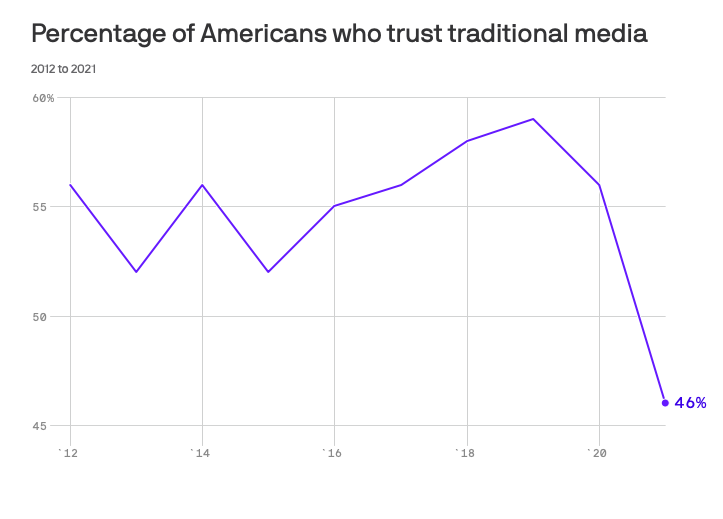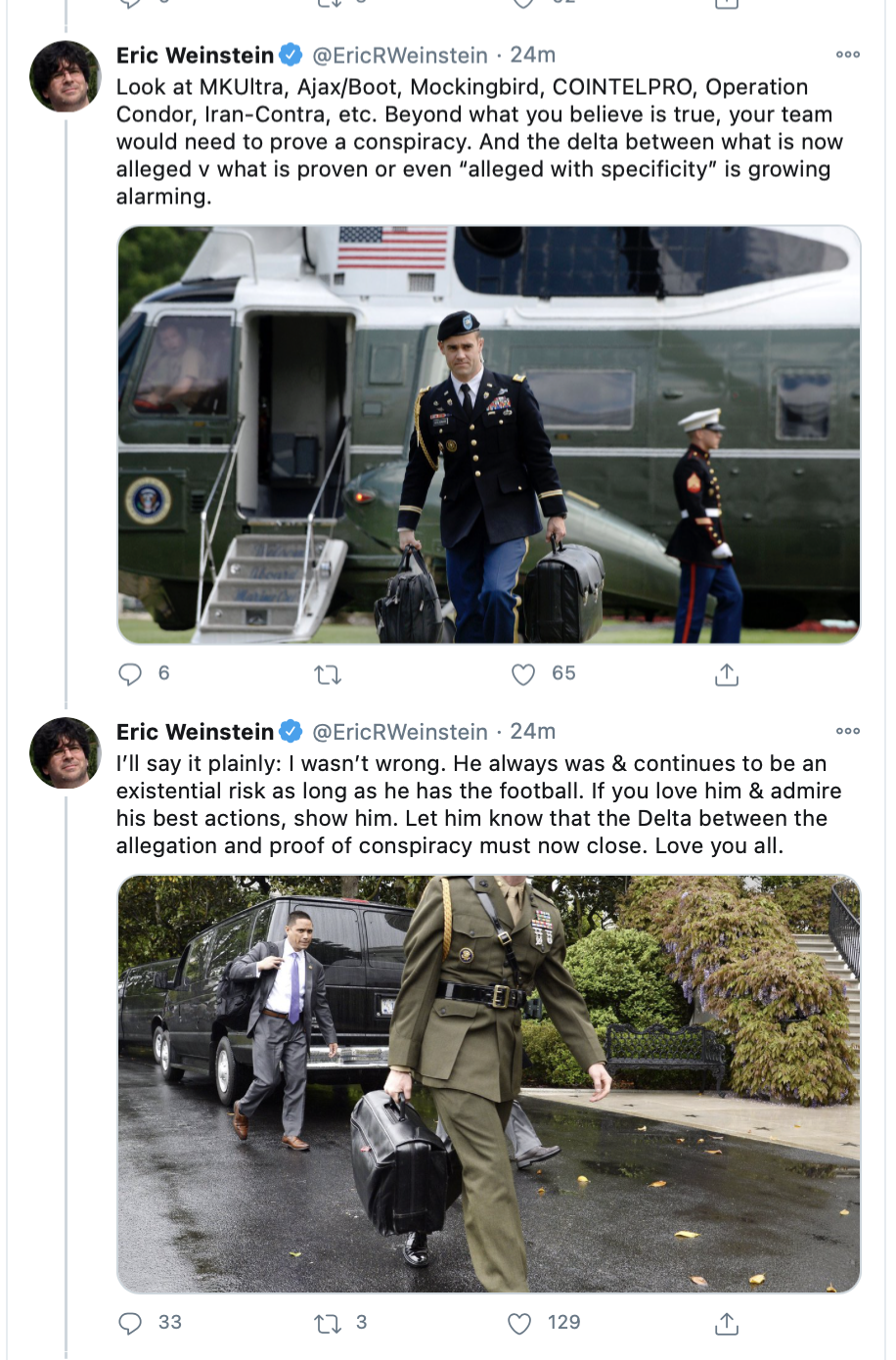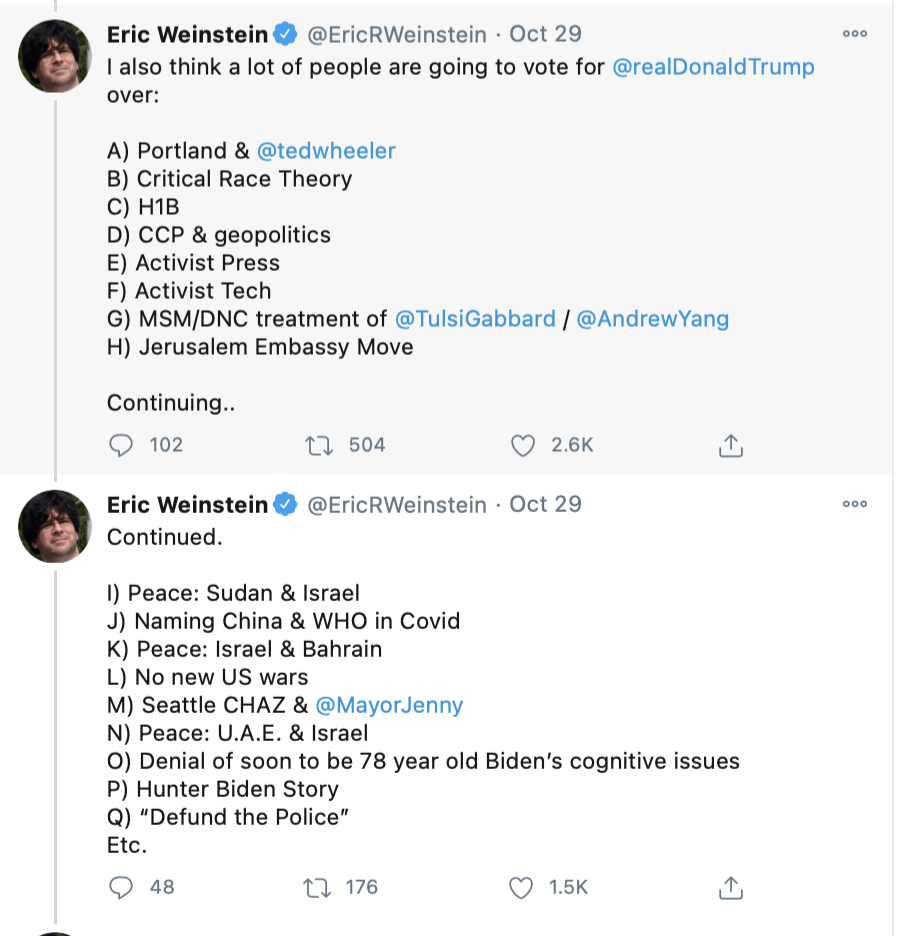The “News” Media Again Creates Something Out of Nothing
Yeah, I’m picky. I'd like to see modern news outlets carefully determine that they have evidence upon which to base their splashy headlines. I also expect that when they get the facts wrong on an important national issue, that they will clearly and loudly apologize. That's what I want, but that's not what we are getting.
Remember how Officer Brian Sicknick died during the Capitol riot after someone savagely bashed his skull with a fire hydrant? See the video. The problem is that there was never any evidence for this claim. Further, it has now been proven completely untrue based on a recently released autopsy report. Why does this matter that there was never any evidence to support this widely promulgated claim? Glenn Greenwald points out that without an intentional bludgeoning of Sicknick, the DNC-aligned media (as opposed to FOX, which is the GOP-aligned media) had no claim that the Trump mob killed anyone, which they sorely craved. Take a look at the "news":
This recent false story regarding Sicknick's death is not an outlier. The Russian Bounty story was also concocted out of thin air. As was the claim that Russians meddled in U.S. elections. And see here. And see here, where Taibbi lists ten big media claims about Russia that have been proven bogus. As was the case with "Russian Collusion with Trump." This is a world in which this same news media outlets condemn Donald Trump but praise Joe Biden for the exact same foreign policy approach to Saudi Arabia. After being made aware of these problems, one would be forgiven for falsely assuming that the DNC media made these things up because it didn't have any legitimate issues with which to pummel Trump. But are hundreds of true stories of Trump's misconduct and ineptitude. So why make shit up? Why the overreach? Matt Taibbi offers this analysis of the modern news media:
[T]he new “norms” in the business have disincentivized traditional outlets to care about accuracy, leading to huge quantities of mistakes. When news agencies see their jobs as being primarily about politics, they become more concerned with being directionally right than technically accurate, knowing among other things that their audiences will forgive them for being wrong, so long as they’re wrong about the “right” targets.
Many of our biggest media outlets have signed up to be cheerleaders for their favorite political team. They have assumed the role of nannies to serve the cravings of their followers. They choose narratives that their respective teams will approve, then they concoct stories based news sources like these: “some believe,” or “sources say” and other creative dissemblings. By using vapor-sources like these, lies can be quickly converted into "news" stories that will sell ads and make their team's readers happy. Many of our biggest media outlets are co-dependent and co-captured in this way, as repeatedly documented by Glenn Greenwald and Matt Taibbi. Walter Cronkite must be crying in his grave that our major media outlets are fully invested in what Taibbi terms bombholing:
This technique of using the next bombshell story to push the last one down a memory-hole — call it Bombholing — needed a polarized audience to work. As surveys by organizations like the Pew Center showed, the different target demographics in Trump’s America increasingly did not communicate with one another. Democrats by 2020 were 91 percent of the New York Times audience and 95 percent of MSNBC’s, while Republicans were 93 percent of Fox viewers. When outlets overreached factually, it was possible, if not likely, that the original target audience would never learn the difference.
This reduced the incentive to be careful. Audiences devoured bombshells even when aware on a subconscious level that they might not hold up to scrutiny. If a story turned out to be incorrect, that was okay. News was now more about underlying narratives audiences felt were true and important. For conservatives, Trump was saving America from a conspiracy of elites. For “liberal” audiences, Trump was trying to assume dictatorial power, and the defenders of democracy were trying to stop him.
If you still have a smidgeon of trust in our major media outlets, watch this video by Matt Taibbi to the end, where you will experience more bombholing per second than you ever before thought imaginable:
Consider also, Taibbi's most recent post, "Rachel Maddow is Bill O'Reilly." I'm sorely tempted to conclude that the news industry has zero standards and zero credibility. I've long believed this of FOX News. Now it's most big news providers (though I do respect The Hill--including "The Rising," with Krystal and Saagar as a wonderful exception to the general industry decay and disappointment).
Where am I going with this post? I'm frustrated, actually disgusted, with what used to be a proud industry, the only industry mentioned in the U.S. Constitution: the press. As discussed by Felix Salmon, here's what Americans now think about the traditional news media.
When we catch our big modern monied “news” outlets running such garbage, it impeaches their character. It tells us that that we should not trust them in the future. It should also concern us about what they are suppressing. What they are hiding from us from our own good? What, in addition to the (true) story that the laptop did belong to Hunter Biden (a story that says more about the partisanship of U.S. spy agencies and news media than anything else? What else is being suppressed? How about the nationwide problem that school and university professors are being forced to either proclaim allegiance to neo-racist Woke ideology or to completely shut up at Evergreen College, Smith College, University of Vermont, USC, UCSD and (most recently) Grace Church School in Manhattan. This same Woke ideology also spills into numerous corporations and cultural institutions. There are many other examples. I have spoken to many of these teachers and attorneys who verify these stories, yet these stories are intentionally uncovered by the DNC-aligned media, with the rarest of exceptions.
Second take. What are my expectations regarding the modern media? News outlets should be at least as principled as high school newspapers, given that we rely upon them for information we use to decide who to run the country. I expect that editors will reject stories for which there is no evidence.
I lean strongly to the left on most political issues, but there are a lot of self-proclaimed progressives who despise people like me who question the “progressive” canon. Their solution for people like me: they try to hurt my feelings by calling me a “conservative.” I've seen it over and over. It is laughable. These are the many people for whom thinking has become a team sport, who are afraid to allow facts to fall where they will and only THEN concoct opinions. These are the victims we were warned about by the excellent documentary, "The Social Dilemma." They have lost their ability to think critically, both by silo-inducing social media and also by politically corrupted legacy media.
I obtained the factual bits of this story by reading Glenn Greenwald, who self-publishes at Substack in order to escape the reach of editors and co-workers who think their jobs are to swear allegiance to a particular political party. He points out in his piece the hatred toward him by many of those in the legacy media for his crime of pointing out these problems.
Because of its centrality to the media narrative and agenda, anyone who tried to point out the serious factual deficiencies in this story — in other words, people trying to be journalists — were smeared by Democratic Party loyalists who pretend to be journalists as "Sicknick Truthers,” white nationalist sympathizers, and supporters of insurrection.
I need to mention, Greenwald takes massive abuse for reporting for the sake of getting the facts right, and the social venom to which he is subjected seems to make dig in even harder to set the record straight.
I will end with one more excerpt from Greenwald's article to demonstrate the extreme levels of hypocrisy the Sicknick story illustrates. The title of Greenwald’s article: “The Media Lied Repeatedly About Officer Brian Sicknick's Death. And They Just Got Caught. Just as with the Russia Bounty debacle, they will never acknowledge what they did. Their audience wants to be lied to for partisan gain and emotional pleasure.”
Truth matters. Noble lies are never justified no matter the cause, especially in journalism. But these employees of corporate media outlets have been taught the exact opposite model: that their primary obligation is to please and flatter the partisan agenda and political sensibilities of their audience even if it means lying or recklessly spreading unproven theories to do it. That is their profit model. And they have trained their audiences to want and expect this and that is why they never feel compelled to engage in any self-critique or accountability when they get caught doing this: their audiences want to be lied to — they are grateful for it — and would prefer that they not admit they did it so that their partisan interests will not be undermined.
What is most depressing about this entire spectacle is that, this time, they exploited the tragic death of a young man to achieve their tawdry goals. They never cared in the slightest about Officer Brian Sicknick. They had just spent months glorifying a protest movement whose core view is that police officers are inherently racist and abusive. He had just become their toy, to be played with and exploited in order to depict the January 6 protest as a murderous orgy carried out by savages so primitive and inhuman that they were willing to fatally bash in the skull of a helpless person or spray them with deadly gases until they choked to death on their own lung fluids. None of it was true, but that did not matter — and it still does not to them — because truth, as always, has nothing to do with their actual function. If anything, truth is an impediment to it.





